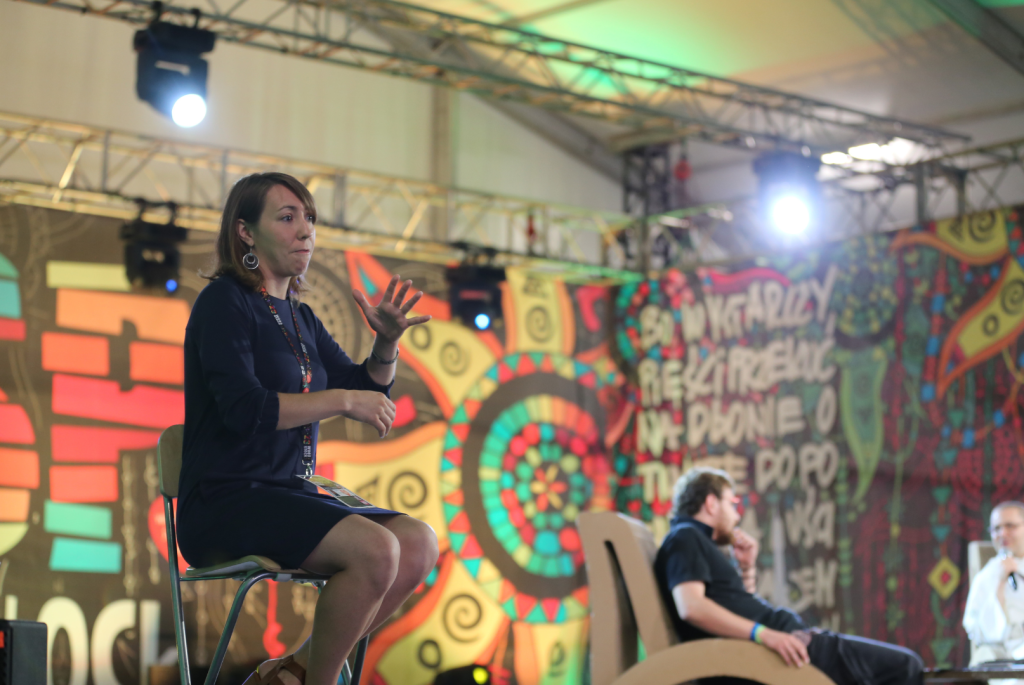
In a remarkable convergence of technology and human resilience, brain implants empowered by artificial intelligence are orchestrating a triumphant return of speech for those who have lost their ability to communicate. In a poignant tale of innovation, two studies have emerged as beacons of hope, showcasing how AI-driven brain-computer interfaces (BCIs) are enabling individuals once rendered voiceless to articulate their thoughts once more. These groundbreaking studies, conducted by researchers from Stanford University and the University of California San Francisco, stand as testaments to the boundless possibilities at the intersection of neuroscience and AI.
A Symphony of Brain and AI: The Marvel of Brain-Computer Interfaces
For those robbed of their voice due to debilitating conditions like stroke or ALS (amyotrophic lateral sclerosis), the path back to speech seemed impenetrable. However, the emergence of brain-computer interfaces, often referred to as “neuroprosthetics,” is rewriting this narrative. These interfaces, driven by AI, unravel the enigma of communication by deciphering the brain’s intricate signals related to speech. This symphony of data is then channeled into a language-learning model, eventually emerging as coherent speech through text or computer-generated voices.
Bridging the Silence: Stanford’s Triumph Over ALS
The Stanford research team’s story revolves around Pat Bennett, whose life took an unexpected turn when diagnosed with ALS in 2012. This ruthless neurodegenerative disease chips away at muscular control, gradually engulfing vital functions like speaking, swallowing, and breathing. The team, however, ventured to mend the breach between her thoughts and her voice. By implanting minute electrode arrays into her speech motor cortex, they established a direct interface with computer software, allowing her thoughts to be translated into speech. With AI as the bridge, Pat regained her voice, a feat that kindled unparalleled excitement in both her and her caregivers.
Unveiling the Power of Words: Enhancing Vocabulary, Speed, and Accuracy
The journey doesn’t stop at restoration; it’s about enhancing the quality of communication. The Stanford team’s AI-infused BCI translates into swift and precise speech. With an astonishing 9.1% word error rate for a 50-word vocabulary and a 23.8% error rate for a 125,000-word vocabulary, this technology demonstrates remarkable accuracy. Its ability to decode 62 words per minute, approaching conversational speed, propels this innovation into a realm previously uncharted.
Unshackling the Mind: UC SF’s Quest for Expression
At the University of California San Francisco, another chapter unfolds, focusing on Ann, who endured a brainstem stroke at 30, leaving her in a state of near paralysis. UCSF’s team, led by Dr. Edward Chang, pioneers a BCI technology that not only empowers her to speak through a virtual avatar but also paints emotions on her face. This multidimensional approach is a testament to the far-reaching potential of BCIs, transcending communication into expression.
Where Science Meets Humanity: A Future Envisioned
While these endeavors remain in their early stages, they set the stage for a future where paralysis doesn’t equate to silence. These studies hold the promise of a society where technology unshackles the human spirit, allowing those once voiceless to amplify their thoughts. Though challenges loom, from FDA approval to fine-tuning, the mere proof of concept has ignited a beacon of hope. As these BCIs push boundaries, they beckon a world where AI’s partnership with the human mind is a symphony of progress and compassion.





